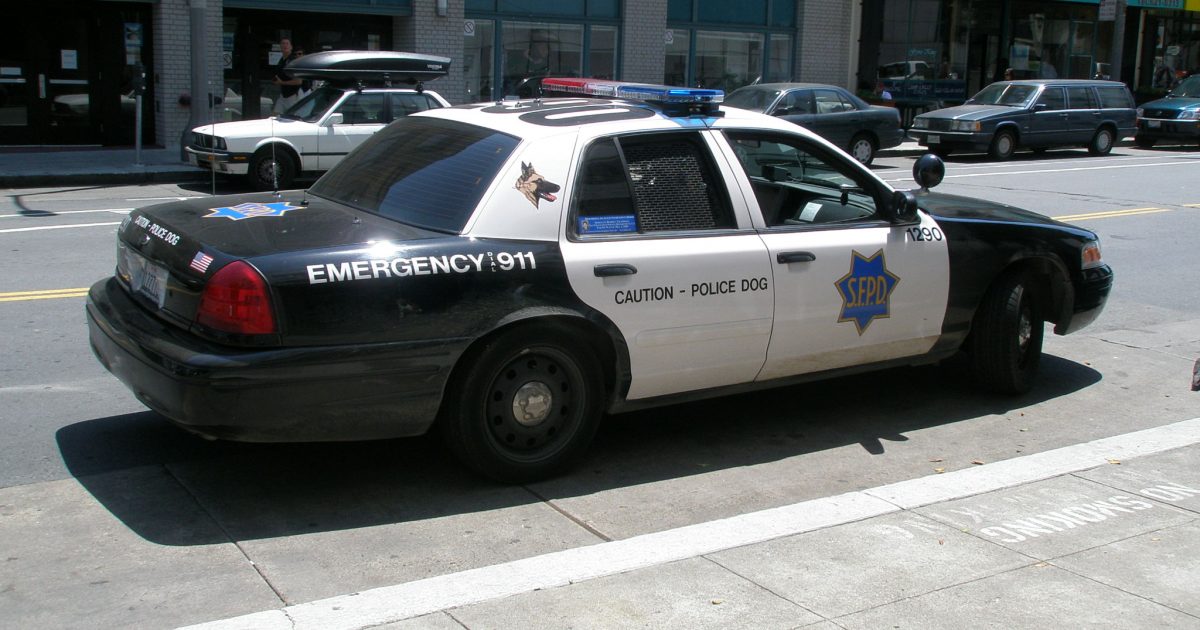
A case surrounding a police raid on a journalist has taken a twist in the last week as it became public that local law enforcement acquired a warrant to monitor the journalist’s phone.
The journalist in question, Bryan Carmody, generated national attention when police officers burst through his door with sledgehammers to arrest him and confiscate his electronic devices for refusing to the identify the source of a leaked police report.
Carmody is a freelance journalist who sold the police report concerning the death of Jeff Adachi, the city’s public defender, to three Bay Area-based media outlets in February. Carmody’s employer, North Bay News, follows overnight stories and attempts to sell the information and video footage to local media outlets.
Under Shield Law, the police conducting this raid would be in violation. Shield Law protects journalists from having to name their sources. Further, the law exempts certain items from searches and seizures, which means that the warrant they obtained to snoop on Carmody’s phone would potentially be illegal.
Judge Rochelle East of San Francisco County’s Superior Court signed this warrant, which allowed law enforcement to procure all of Carmody’s “subscriber information, call detail records, SMS usage, mobile data usage and cell tower data” from February 22 until February 23, a key period when Adachi’s death took place. The warrant also allowed further “remote monitoring” on the phone “day or night.” Nowhere in the warrant does it mention that Carmody is actually a journalist.
The leaked police report generated a lot of buzz when local reporters initially got their hands on it. Police scrambled to raid Carmody’s place in order to get ahold of his source.
In May, Billy Binnion wrote:
The police report about the death of Adachi—whose reputation was defined by his penchant for criticizing the police—provided gossipy fodder for San Francisco’s local news in late February. Laden with a string of scandal-ridden details about his final moments, it said he had been with a woman who wasn’t his wife in an apartment that had “cannabis gummies,” “empty bottles of alcohol,” as well as an “unmade bed”—the latter of which was widely publicized with photographs. The salacious and often irrelevant specifics, later leaked to several journalists, sparked speculation that the police department was looking for the last laugh against the city’s top public defender, who wasn’t exactly known for making their jobs any easier.
Police Chief William Scott originally stood by the raid, but then apologized. Scott claimed that his staff failed to identify Carmody as a journalist during the warrant application process. This accusation kicked off a set of new allegations, with the San Francisco Police Officers’ Association alleging it was Scott who was responsible for concealing Carmody’s profession. The police union later demanded that the police chief resign.
This case shows that even in America, which is known for its free speech protections, journalists are not safe from potential government overreach.
With our increasingly politicized society, we will likely see more of this government abuse.



